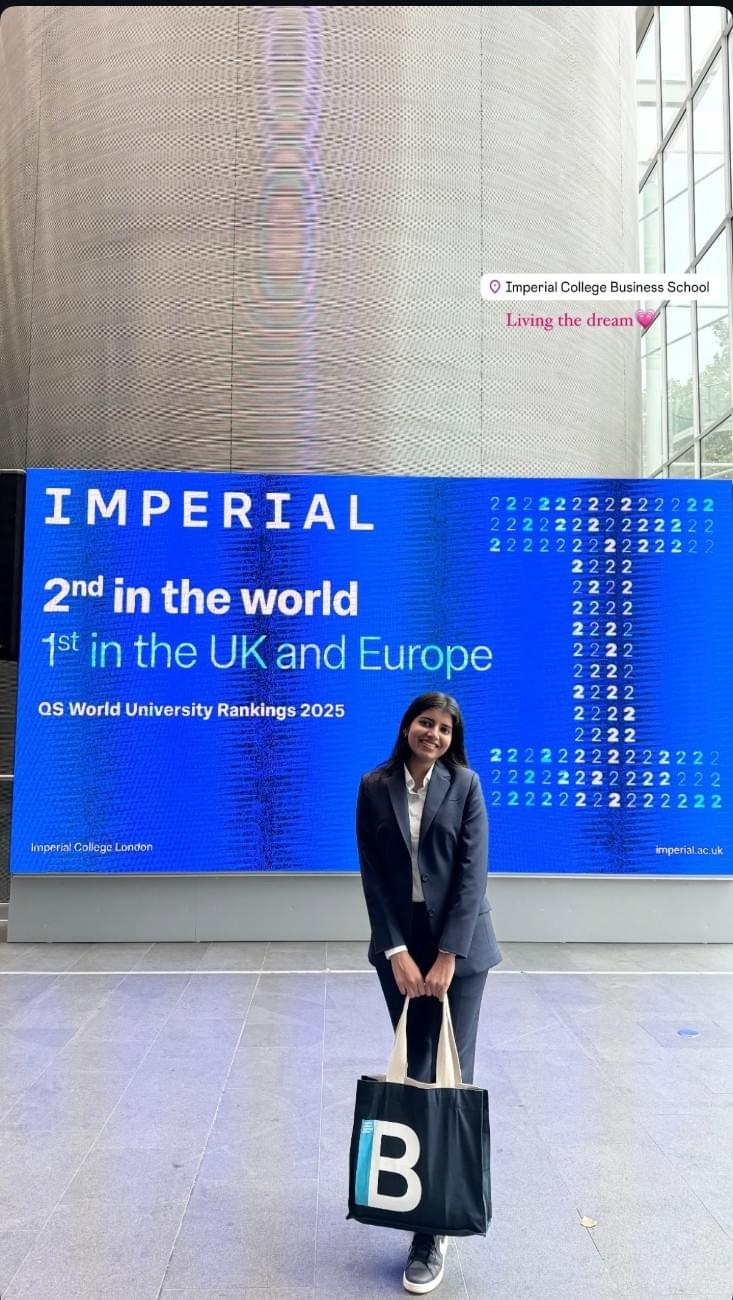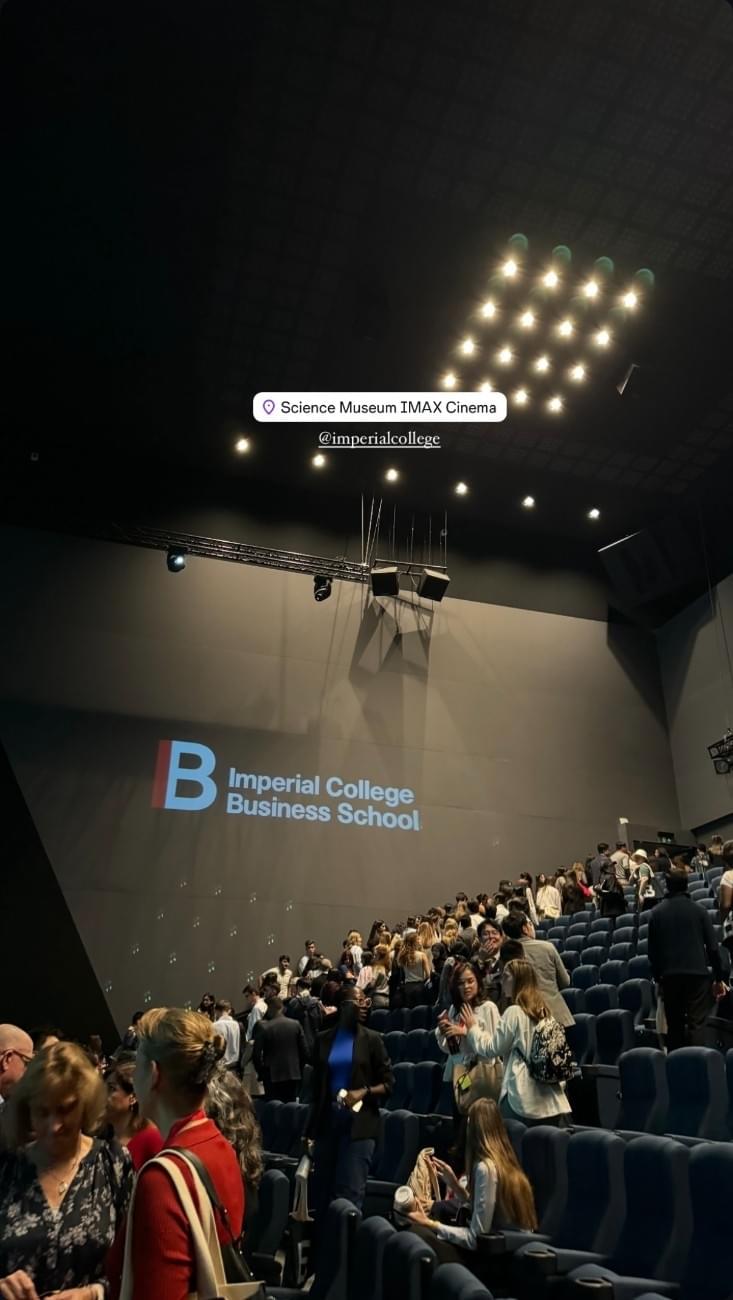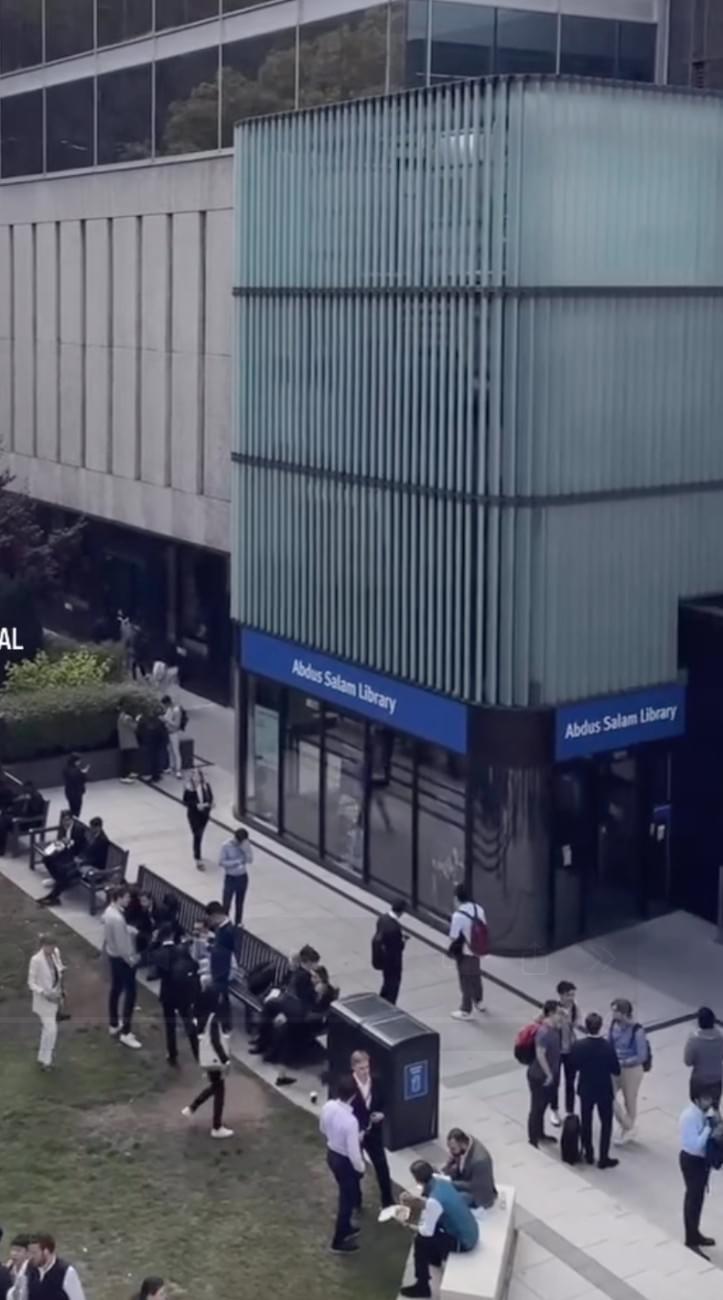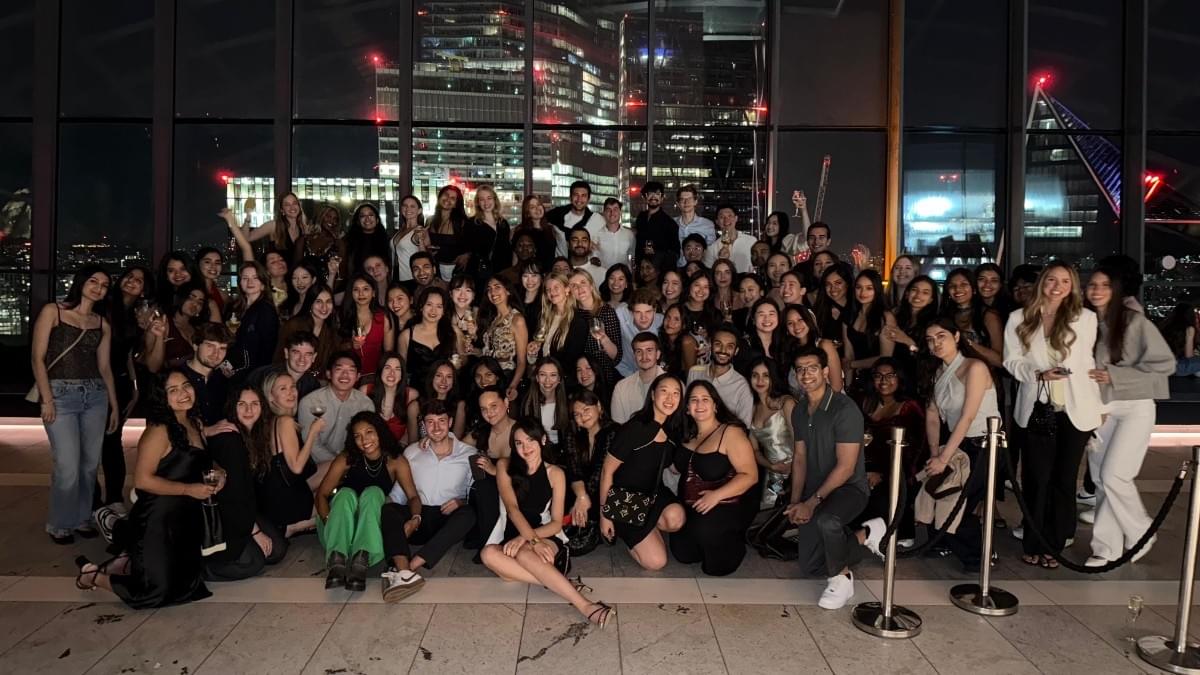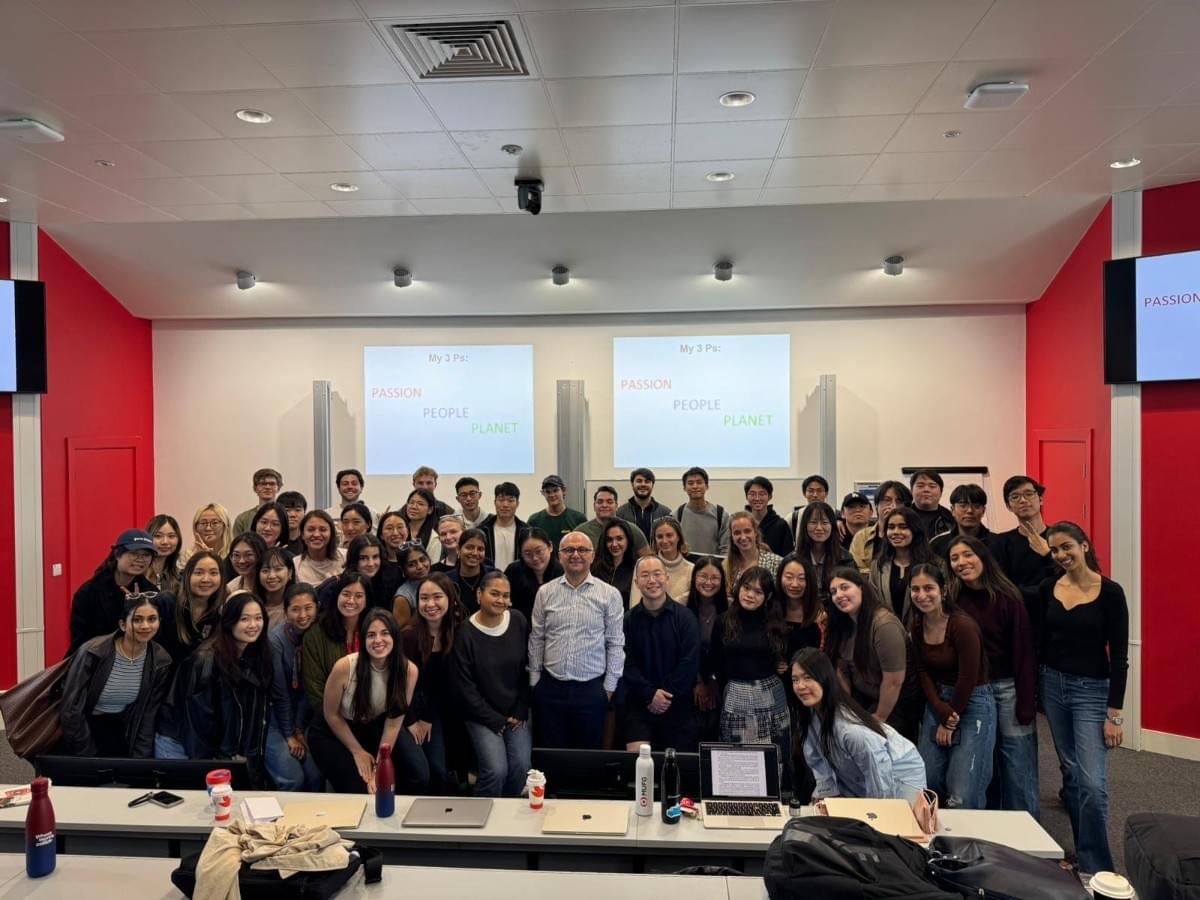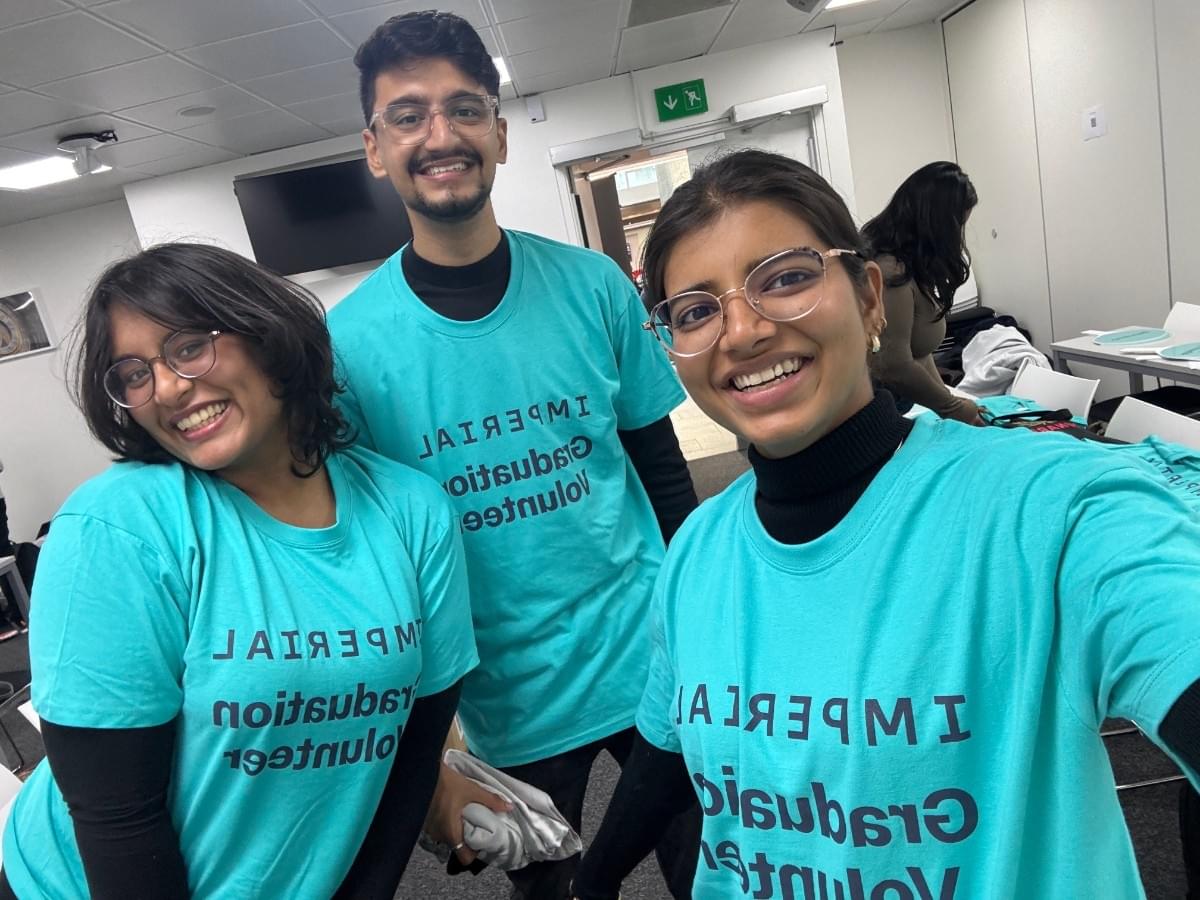What Students Say
Likes
- Professors are helpful and use real examples, not just theory.
- I loved the diversity, met people from everywhere.
- Being in central London itself is a huge plus.
Dislikes
- Workload can get crazy at times with back-to-back deadlines.
- Staying near campus is very expensive.
- Food on campus is overpriced.
Course Curriculum
-
The course isn’t too hard if you focus, but it’s very intense because of the workload. A good mix of theory and practical case studies. My batch was about 315 students, divided into smaller streams. Around 20% were Indians.
Admission Experience
- Colleges I applied to: University of Edinburgh, Warwick Business School, King’s College London, Imperial College London.
- Application status:
- Warwick Business School – Admitted
- Imperial College London – Admitted
- University of Edinburgh – Rejected
- King’s College London – Rejected
- Confirmed admissions: Warwick Business School, Imperial College London.
- Rejections: University of Edinburgh, King’s College London.
- Reason for rejections (in my opinion): Both Edinburgh and King’s mentioned that my profile was strong, but they felt I would be a better fit for higher-ranked universities, which is why they didn’t take me forward.
- I had an offer from Warwick first, but when I got into Imperial, I chose it straight away. The name, ranking, and especially the London location made all the difference for me.
- Intake applied to: I applied for the September 2024 intake. I chose this because it’s the main intake for my program, and most career events, networking opportunities, and internships are aligned with this timeline.
- Admission timeline: I submitted my application early september 2024. After submitting my documents, I was invited for the Kira interview within a few weeks. By mid november, I was asked for my transcripts and to pay the initial deposit. I received my official admission offer shortly after that, so overall the whole process took about 2–3 months from application to acceptance.
Faculty
- Faculty-to-student ratio: Since the class size is large, the overall ratio feels quite high, but because we are divided into smaller streams, it becomes easier to interact with faculty. This setup makes the experience more personal and manageable.
- Teaching methodology: Most professors use a mix of lectures, case studies, and group projects. The content is very practical and industry-focused, so it definitely helps in preparing for jobs after graduation.
- Support for jobs: While faculty don’t directly place you in jobs, they often share advice and connections and sometimes link students to opportunities through their own networks. The main career support comes from the career services team, though.
- Faculty admiration: I admire a few professors, naming one James Eteen, who bring in their real-world experience into the classroom; they make lectures more engaging and connect theory with actual business scenarios. That made a huge difference in understanding concepts.
Campus Life
- Campuses: Imperial has multiple campuses – the main one is in South Kensington (where the Business School is located). There are also others like White City and Hammersmith, mostly for research and medical faculties.
- Facilities: The South Kensington campus has a central library, modern classrooms, sports facilities, cafés, medical services, and lots of study and social spaces.
- Events & clubs: The Imperial College Union runs hundreds of clubs and societies. There are cultural festivals, career fairs, guest lectures, networking events, and mixers happening regularly.
- Festivals & popular activities: Student-run cultural nights, sports tournaments, and entrepreneurship events are quite popular. Indian Society and other cultural clubs are very active.
- Extracurricular activities: Students can join sports teams, music/dance societies, cultural groups, and business/entrepreneurship clubs. These give a nice balance to the heavy academics and help build friendships outside the classroom.
Part Time Jobs
- On-campus jobs exist but are limited. Most students, including Indians, work off-campus in cafés, retail, or supermarkets. Pay is around £11–£13 per hour. We’re allowed 20 hours a week during term time.
- Mainly retail shops, restaurants, or tutoring if they can find it. Pretty common jobs that fit flexible hours.
Placement
-
Imperial’s brand is strong, so most people land jobs within 6 months. Average starting salaries are £35k–£50k, higher in consulting/finance. Jobs usually come through networking, LinkedIn, or internships. Batchmates got into firms like P&G, Amazon, and Unilever.
Accommodation
-
First I stayed in student halls, then moved to a private flat just 5 mins away. Super convenient but expensive. Finding a place is stressful, so I’d say start early.
Exams
- Exams required: For my course, IELTS was required (minimum overall 7.0). GMAT/GRE was not mandatory, so I didn’t take it.
- Documents needed: I had to submit my Statement of Purpose, CV, Letters of Recommendation, academic transcripts, and proof of English proficiency.
- Interview process: Yes, there was an interview. It was conducted online through the Kira platform. The format was video-based with timed responses to pre-recorded questions. It mainly tested communication skills, motivation for the program, and fit for the college. It played an important role in the final admission decision.
Fees
-
My course fee was £39,000 for the year. Paid 10% upfront and the rest later, though installments are possible. Rent was about £2,000 a month when I stayed very close to campus. Groceries and other expenses depend; I’ve seen friends manage on £200, and others spend £500+.
Scholarship
- I personally did not receive any scholarship for my course.
- There are a few scholarships available at Imperial, but they are very competitive and depend on factors like academic excellence, leadership, and financial need.
- Some of my batchmates did receive partial scholarships, but the number of students who get them is quite limited compared to the total class size.
- The typical award amount varies, but most of them cover only a portion of the tuition fee rather than the full cost.


